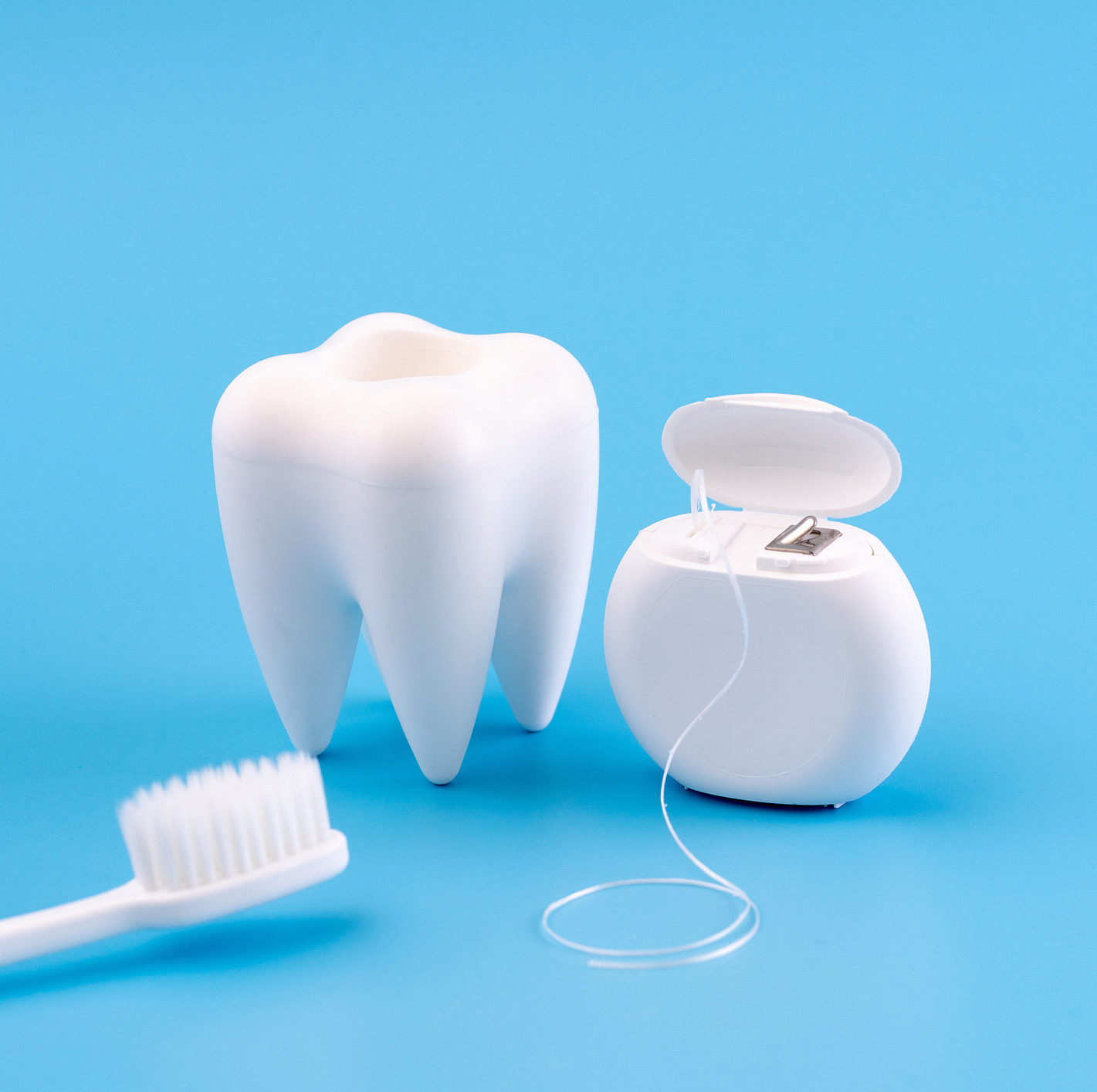
Do I Really Need to Floss?
If you’d rather scrub the black mold off your toilet than wedge a piece of string between your teeth–you’re not alone.
Studies show that 36% of Americans would rather do something unpleasant than floss.
So, when to floss (and is it really needed)?
The answer may surprise you because it depends on a few factors.
Ahead, we’re taking a deeper dive into the effectiveness of flossing (and whether or not it does anything good for your oral health).
Flossing May Not Necessarily Prevent Cavities, But it Still Matters
Flossing isn’t just about wiping away blackberry seeds from your smile before a Zoom meeting.
Its actual purpose? To prevent gum disease.
Although its connection to preventing cavities remains hazy, regular flossing does reduce your chances of gum bleeds. This lowers levels of gum inflammation (also known as gingivitis–the earliest stage of gum disease).
Unfortunately, a toothbrush can only go so far. And since it can’t get in between teeth, food left in between can cause tooth decay and gum inflammation.
This is where flossing comes in!
It’s the only way to remove food in between your teeth.
Do I Need to Floss Every Day?
It’s a tricky question with a tricky answer. According to a study of 12 randomized controlled trials published in The Cochrane Database of Systematic Reviews (in 2011), “very unreliable” evidence was found when it came to suggesting that flossing does reduce plaque after one and three months.
To summarize, researchers couldn’t ping any studies on the effectiveness of flossing when combined with brushing (for cavity prevention).
So, while brushing with fluoride prevents dental decay, whether or not flossing sheds the same benefit is unclear.
Why Should I Floss?
Still, if you don’t floss, dental professionals agree that you’re putting yourself at a greater risk for gum disease, also known as periodontal disease.
And this isn’t something you should brush off.
Periodontal disease is a chronic inflammatory disease that starts when bacteria in plaque below your gum line cause irritation and swelling.
If you leave this untreated, you can experience tooth loss and receding gums.
Plus, this condition doesn’t just affect your oral health. Gum disease is also linked to several other health conditions, like diabetes, heart disease, and rheumatoid arthritis.
We can all benefit from regular dental care, which means brushing regularly and taking care of our teeth the best we can.
How and When Should I Floss?
The best way to floss is to break off about 12”-18” of floss and wrap it around your fingers. Move your floss up and down the sides of each tooth gently. This will help remove bacteria, food debris, and plaque.
It’s important to floss at least once per day. Whether you pick morning or night is up to you!
Are there Alternatives to Flossing?
Since flossing is considered interdental cleaning, it helps remove any plaque that collects between your teeth (and debris like food).
But, if traditional floss makes it more difficult for you to keep up with a flossing routine, there are several alternatives you can try:
- Pre-threaded flossers
- Plastic or wooden picks
- Water flossers
- Powered air flossers
- Proxy brushes
If you’re unsure which option is best for you, talk to your dentist. Just switching the type or method you use to floss may help you commit to a more regular flossing schedule!
At Your Community Dental, we strive to provide excellent dental care for you and your loved ones.
We serve all ages and accept many insurance providers, including PPOs and NC Medicaid. Call us today to schedule your dental visit!
